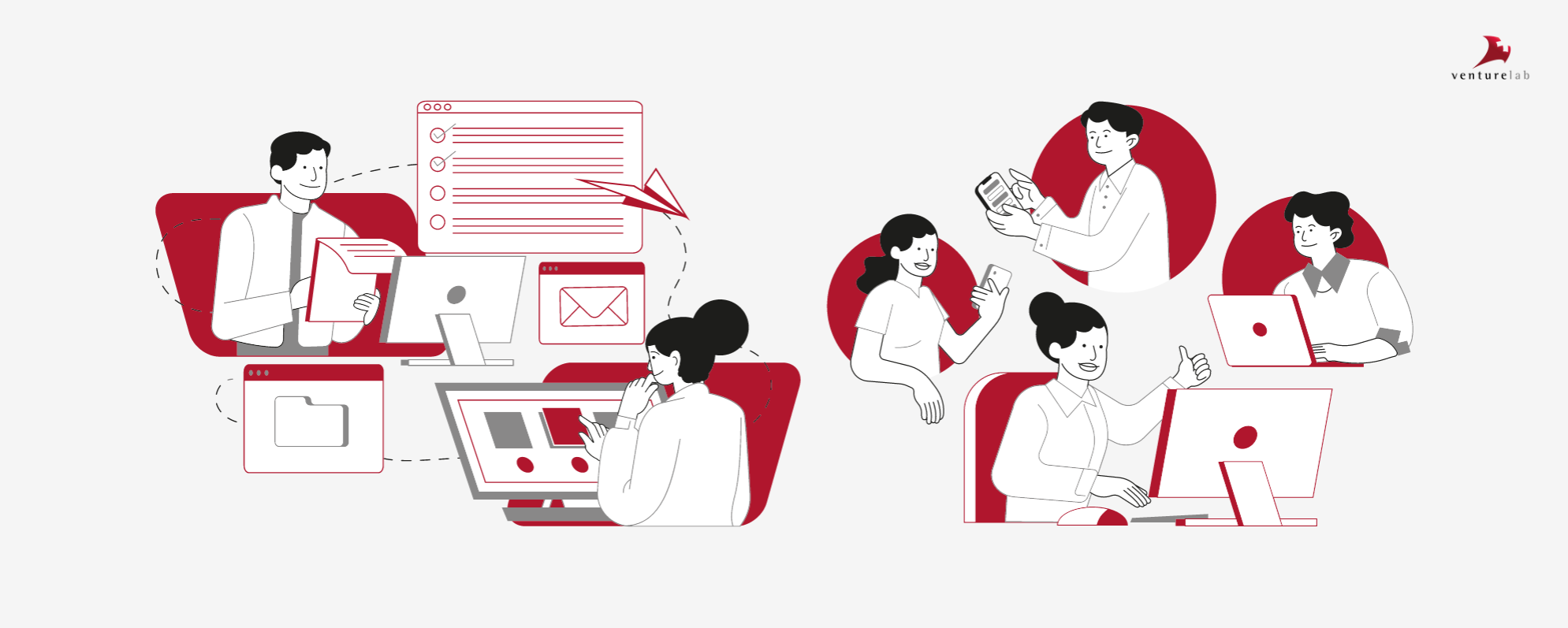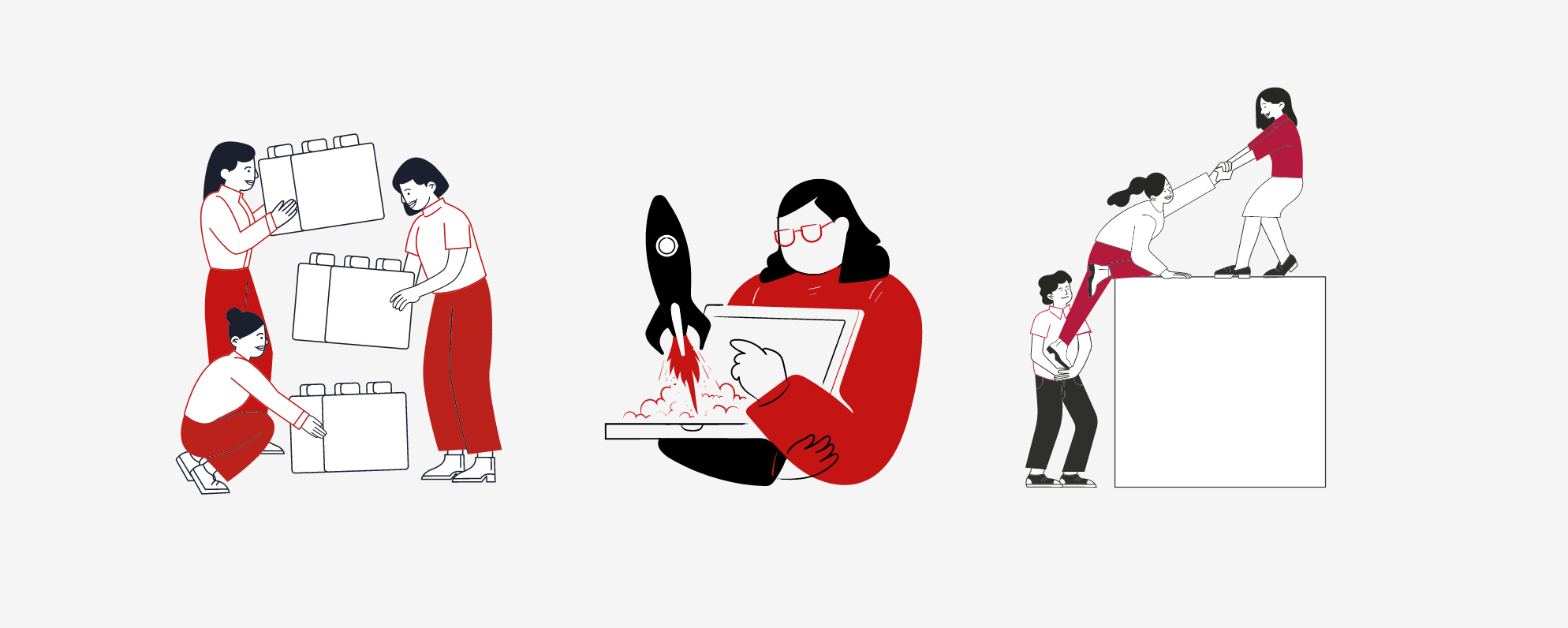The right productivity tool can help create smooth workflows and ease the burden of multi-channel, cross-platform task planning and collaboration. We reached out to the startup community and asked them to share their experiences, kicking off our Startup Community Feedback series with a look at productivity tools.
Using tools as effectively as possible is crucial, especially for founders who, as we know, wear many hats and face an endless list of tasks. Among those tasks is shaping processes and environments that work both for them and their team members.
Having the right tool can determine how quickly you will adapt to changing circumstances in the future (remember the pandemic lockdowns and shift to remote work?) and will define how your energy and time will be spent. A productivity tool should match personal and collective idiosyncrasies; finding out what those are might require thinking about what productivity means in the first place. With burnout representing a serious risk for startup founders, figuring out how to make tools work for you can be truly vital.
We asked the startup community if they had a tool of choice when it comes to project management and coordination. We offered three widely-used tools—Microsoft Planner, Asana, Trello—and wanted to know what other tools people prefer. We received feedback from 50 people, 20% of which said they used Microsoft Planner, 22% Asana, 24% Trello, and 34% said they use another tool.

Venturelab's very own Raffael Kellner got the ball rolling by recommending Todoist, an easy-to-use tool for scheduling, task planning, and project management that can be used across a variety of platforms. "Microsoft Planner has become better over time, though it's not perfect yet," Raffael said, pointing out that there is no tagging and no notification when using the comment, while the overall design lacks flow and hampers efficiency.
Several community members lauded Notion, a productivity app that includes a multitude of features for task management, project tracking, wiki creationg, and bookmarking empowering individual workflow and real-time collaboration.
Notion was first launched in 2016 and attracted more and more users which each iteration. When it discovered its popularity among Y Combinator, it decided to offer dedicated features catering to startups. Since then, it's become a favorite in the startup ecosystem; its offers of up to 6 months of free use and customized features for startups certainly seem like a good incentive.
The eponymous startup behind the app, located in San Francisco’s Mission district, has an interesting history that includes a radical shift in product development, rebuffing VC offers, and ingenious integrations. The company's About page ties its mission to the history of work and the unmet promises of modern technology: "Google Docs made typewriters multiplayer. Dropbox brought file cabinets to the cloud. But conceptually, they evolved little beyond their Industrial Revolution ancestors." With an all-in-one, highly customizable workspace, Notion declares, the startup wants to realize the vision of early pioneers of the computation age and unlock our work machine’s potential to boost our creativity and intellectual capacity.
In February, Notion launched an AI-based writing assistant that not only integrates text review and editing but is also able to assist with brainstorming, summarizing content, and generating prose based on notes and other prompts. Called "extremely powerful," "Grammarly on steroids," and "one of the most accessible AI tools currently available" in one review, the company itself sells the tool as "your ultra-capable teammate" and "the only writing tool you need," pointing out that Notion AI is cheaper and more versatile than ChatGPT Plus, Grammarly Premium, or Jasper.
As articles and opinion pieces explored the novelty and potentials of OpenAI's ChatGPT and its chatbot rivals, many agreed that it would take a while until there's a wide-scale, streamlined, and creative adoption of that kind of AI in our work processes. Notion AI portends and executes AI assistance's leap into the mainstream (followed by Microsoft, which announced the release of MS 365 Copilot in March).
Whether we feel inclined to believe the promise of a whole new way to work that unshackles our creativity and boosts our productivity or not: Considering the potential benefits and downsides of the tools that shape our work, critically engaging with available tools and their functionalities should be more than an afterthought—not only with regard to how to get the most out of them but also in terms of the habits, communication style, and work culture a founder wants to foster at their startup.
Maybe founders can consider this critical reflection as an inspiration to think about how they envision the rhythm, flow, and tone of their work and collaboration.





